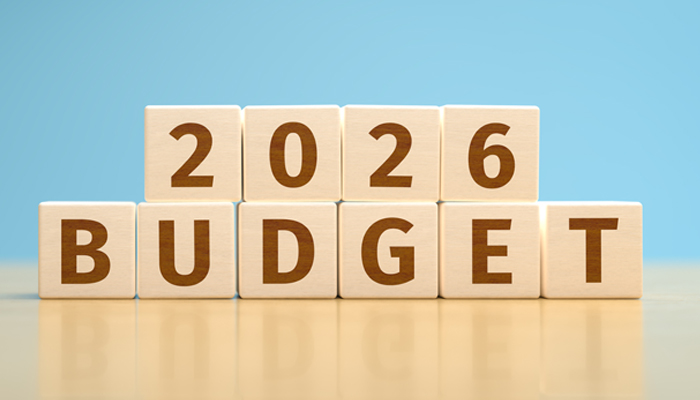
Create a Tax-Efficient Legacy with Life Insurance
If you’re one of the many people who have not created their estate plan, it’s time to get started. Estate planning gathers and organizes the decisions, documents, and other essentials needed to enact your wishes upon your death (or incapacitation) regarding your financial assets, property, healthcare, and more. It typically includes, but is not limited to, your will, plans for charitable giving, the creation of trusts, and insurance policies. If you have minor children, your will can also designate who will serve as their guardian and care for them after your death.
Everyone should draft a will. If you die without one, a court will decide who gets what regardless of your wishes. In addition, the legal process to administer an estate, known as the ‘probate process’, can take a very long time if there is no recognition of a will. And, during that time, your dependents or survivors will not have access to any assets subject to probate.
While there are some online options for creating a will, keep in mind that state laws govern a will—and using a legal professional who knows the laws in your state can help to make sure your will contains all of the required provisions.
Creating a trust to provide funds for future generations or minor dependents is another tool for asset preservation considered in the estate planning process. A qualified financial professional can help determine what type of trust might be the best option for your situation.
Don't forget about life insurance, which can provide income for a surviving spouse and replace the value of assets lost to estate taxes. Death benefits of a life insurance policy generally transfer to your beneficiaries federal and state income tax-free. Life insurance is commonly used to assist with:
- Funeral costs to help ease a difficult time. Your beneficiaries receive a death benefit payment to cover bills without cashing in or selling off other assets.
- Estate taxes, which can be an unexpected and unavoidable debt for your heirs.
- Your loved ones paying down any outstanding debt, including car payments, mortgage, or healthcare costs.
- Liquidity to promote equitable distribution of assets.
- Business continuity.
Estate planning is an essential part of protecting what matters most to you. Regardless of your net worth, an estate plan puts you in control and allows you to plan toward your retirement goals and beyond. Contact one of our advisors for help taking the complexity out of estate planning.

Related articles

Saving money isn’t just about cutting back—it’s about thinking differently. In 2026, rising costs and evolving financial tools mean traditional advice like “cut back on Starbucks” isn’t enough....

Estate planning in 2026 is more critical than ever as rising exemption limits, evolving tax rules, and shifting family dynamics reshape wealth transfer strategies. With the federal estate and gift...

As we step into 2026, creating a solid budget is more important than ever. Economic trends, evolving consumer behaviors, and technological advancements are reshaping how we manage money. Whether...